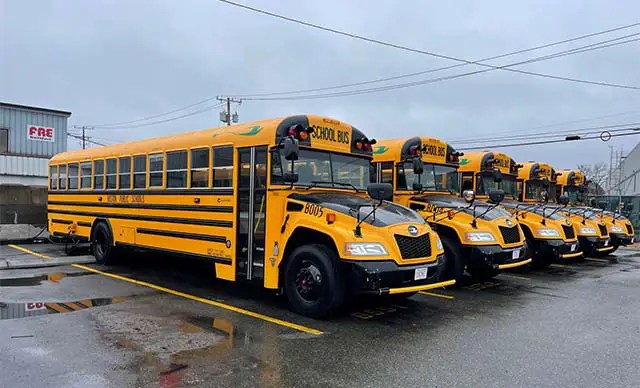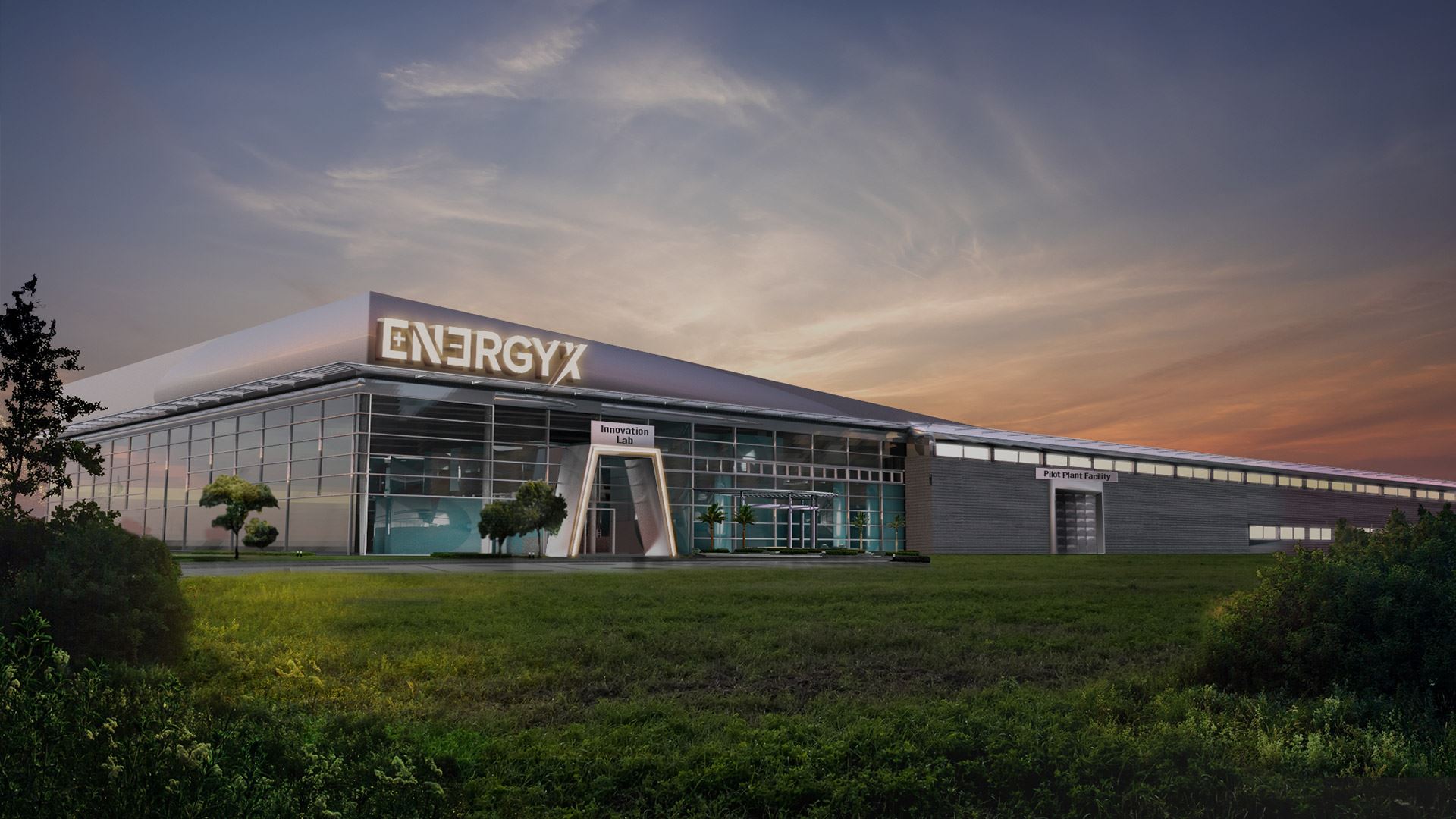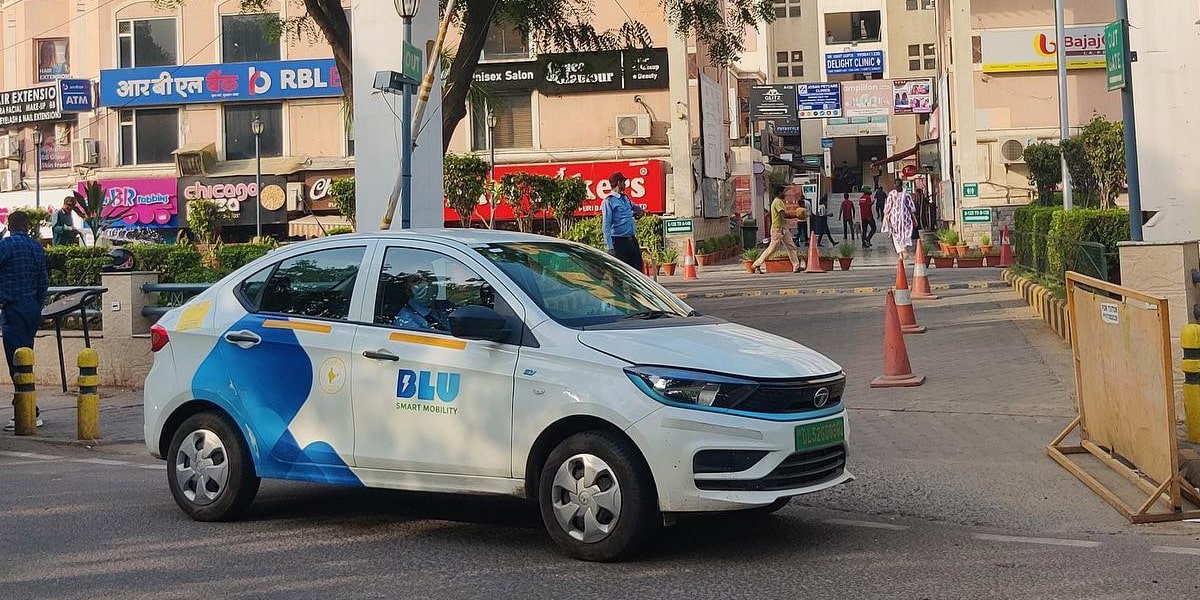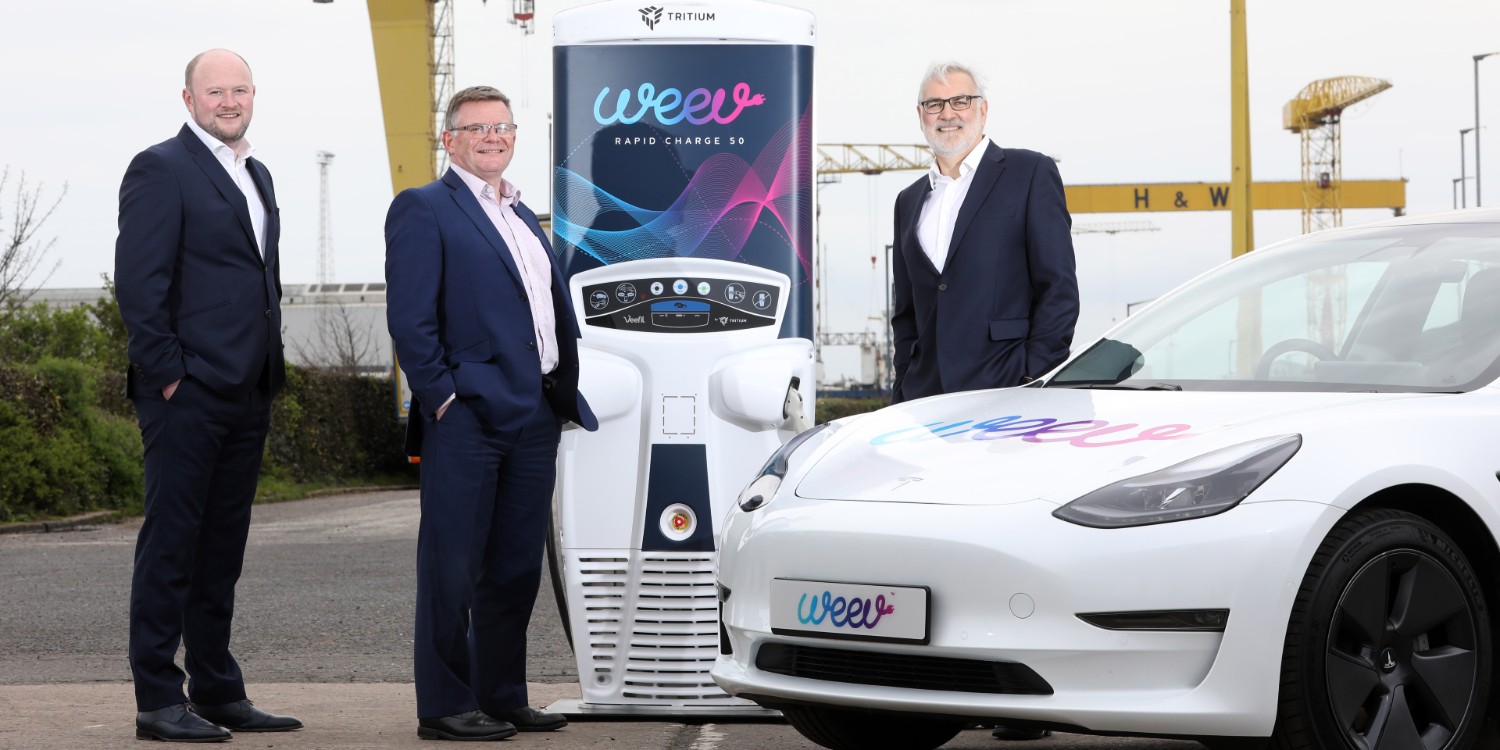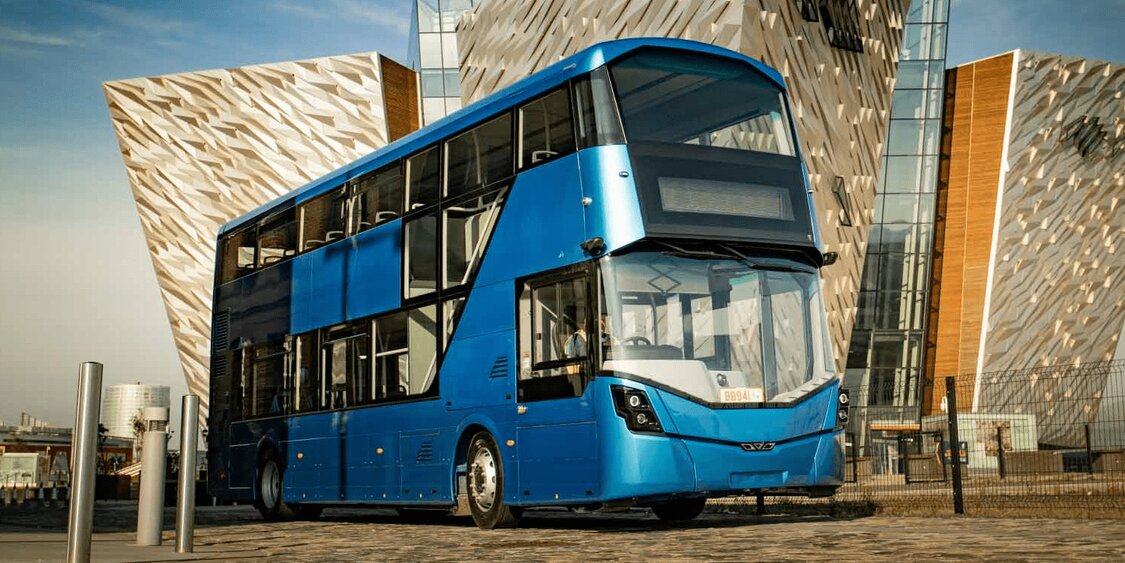The U.S. Environmental Protection Agency (EPA) has unveiled $735 million in funding aimed at accelerating the adoption of zero-emission heavy-duty vehicles across the country. The funding, which will benefit a total of 70 applicants, is part of the agency’s ‘Clean Heavy-Duty Vehicles Grant Program.’ Notably, approximately 70 percent of the allocated funds will be directed toward replacing traditional school buses with zero-emission alternatives.
This funding announcement marks the first distribution of subsidies through the EPA’s new program, established under the U.S. Inflation Reduction Act (IRA), to support the transition to cleaner transportation. The funds are expected to replace over 2,400 heavy-duty vehicles, including a substantial number of school buses, and support the development of necessary infrastructure such as chargers. The selected recipients span 27 states, three Tribal Nations, and one territory, though some recipients remain tentative, according to the EPA.
One of the notable recipients is Boston Public Schools, which will receive more than $35 million to replace 125 traditional school buses with zero-emission models and install 125 fast chargers with advanced load management and sharing capabilities. Similarly, Saint Louis Public Schools will receive just over $10 million to replace 30 school buses. Additionally, $60 million will be awarded to the North Central Texas Council of Governments (NCTCOG), which plans to distribute rebates to replace 234 vocational vehicles with zero-emission alternatives and will open a call for additional projects in the future.
The majority of the funded vehicles will be battery-electric, including box trucks, step vans, and waste collection vehicles, with some projects also involving hydrogen fuel cell vehicle pilot programs. The funding will also support clean vehicle infrastructure and workforce training, enabling smoother deployment of these zero-emission technologies.
“From zero-emission freight vehicles to clean school buses for kids, the Biden-Harris Administration is advancing the next generation of clean transportation that will help reduce pollution and make our nation’s cities and communities healthier,” said Ali Zaidi, White House National Climate Advisor. He emphasized that the government’s sector-wide approach, coupled with investments in port infrastructure and freight corridors, is aimed at decarbonizing transportation and delivering benefits to communities nationwide.

